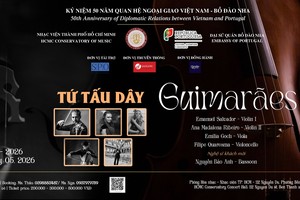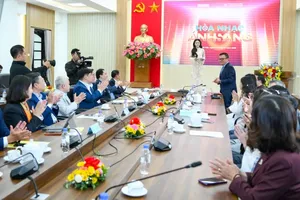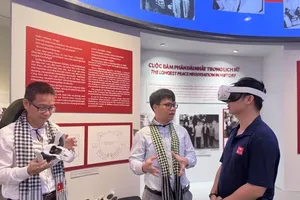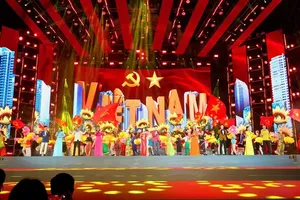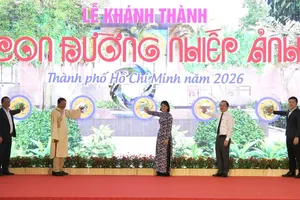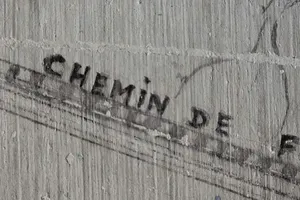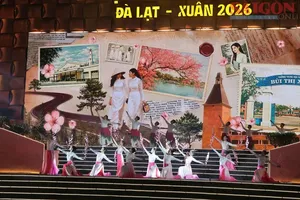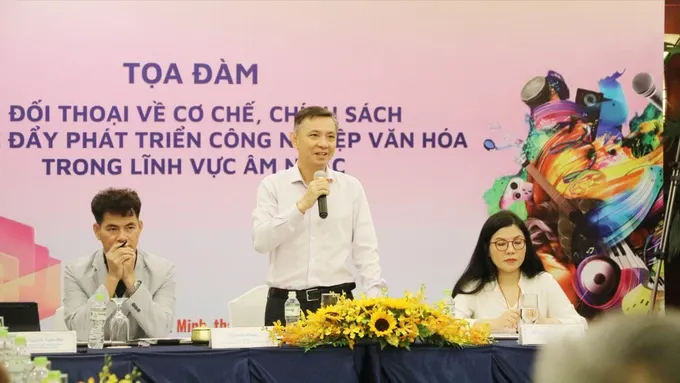
The digital revolution has propelled the cultural landscape far beyond traditional stories, melodies, and artistic expressions. It has opened an era where cutting-edge technologies offer immersive experiences. Music, capable of traversing the globe in mere seconds, finds itself at the heart of this rapid dissemination. Yet, this very speed amplifies the inherent challenges surrounding copyright – the fundamental right of creators to recognition and protection of their intellectual property.
Doan Minh Phuc, a singer from music label Space Speakers, articulated a common artistic frustration: “As artists, we’ve often grappled with a lack of comprehensive understanding regarding music copyright and intellectual property. In the past, numerous works we had painstakingly created slipped through our fingers, never truly owned by us. This remains a lingering pain for many of us.”
Echoing this sentiment, musician – producer Kai Dinh emphasized the immense effort underpinning even brief musical pieces. Behind a recording lasting just a few minutes lie hundreds of dedicated hours in the studio by singers, songwriters, producers, arrangers, instrumentalists, and sound engineers. Therefore, comprehending and safeguarding intellectual property rights is paramount as an act of respect and recognition for the collective creative force behind the final product.
At a recent dialogue, orchestrated by the Copyright Office of Vietnam (under the Ministry of Culture, Sports and Tourism) to address policies fostering the music industry’s cultural growth, BH Media Company highlighted the dual challenge of extensive unauthorized exploitation of their intellectual property and cumbersome administrative hurdles, particularly the notarization requirements stipulated by Decree 17. They also pointed to the burden of overlapping copyright fees, which stifle creative incentives.
“Beyond advocating for collaborative efforts to cultivate a healthy musical ecosystem,” a BH Media representative stated, “we urgently need a transparent copyright price list, coupled with a publicly accessible database of works and rights holders. This would significantly streamline access and reference for everyone involved.”
Meanwhile, Nam Viet Media, a prominent online music production entity, voiced significant difficulties in navigating copyright payments due to the inconsistent pricing structures across various digital platforms. This lack of uniformity makes it exceedingly challenging to establish fair and consistent rates for music production, leading numerous artists to abandon online releases altogether due to unsustainable financial returns.
Recent discussions have prominently featured concerns regarding tax rates and proposals for the establishment of a comprehensive music copyright database. The aim is to provide readily available information on authors and rights owners, ensuring traceability even in cases of ownership transfer.
Helen from the Vietnam Idol program suggested the implementation of a user-friendly copyright verification system, potentially a mobile application or software capable of scanning QR codes. This would empower artists, production units, and management entities to effortlessly access copyright information, fostering a more transparent environment.
Vice Chairman Pham Ngoc Khoi of the Vietnam Musicians’ Association offered a critical assessment of the current landscape. He shared that the management of musical works and ownership rights is currently filled with inconsistencies and complexities. Certain works, classified as state property, create obstacles for potential users who are unsure whom to approach for permission.
Furthermore, some musicians lack a clear understanding of copyright, leading to overlapping contracts with multiple parties. Consequently, widespread education and support for musicians regarding their copyright is the most crucial element in building a healthy and thriving music market.
Addressing the practical challenges of royalty payments stemming from disjointed ticketing systems that often levy fees based on venue capacity rather than actual ticket sales, Chau Le from Hue Symphony program production unit proposed the adoption of technologies such as blockchain. This, he argued, could bring much-needed transparency to copyright management by creating unique digital tokens for each work, enabling the tracking of individual contributors’ rights.
Director Tran Hoang of the Copyright Office of Vietnam provided an update on ongoing initiatives, saying that his office is actively developing dedicated software and an online database designed to store and authenticate copyrighted works with clearly identified authors.
It is also actively engaging with relevant stakeholders, particularly online platforms, urging them to contribute their data to a unified system. This collaborative approach is essential to ensure transparency and consistent management.
As mandated by state regulations, the Copyright Office of Vietnam remains the sole official source of copyright information, making a centralized information hub paramount. Currently, it has tasked the Vietnam Copyright Protection Center with spearheading this crucial mission.

